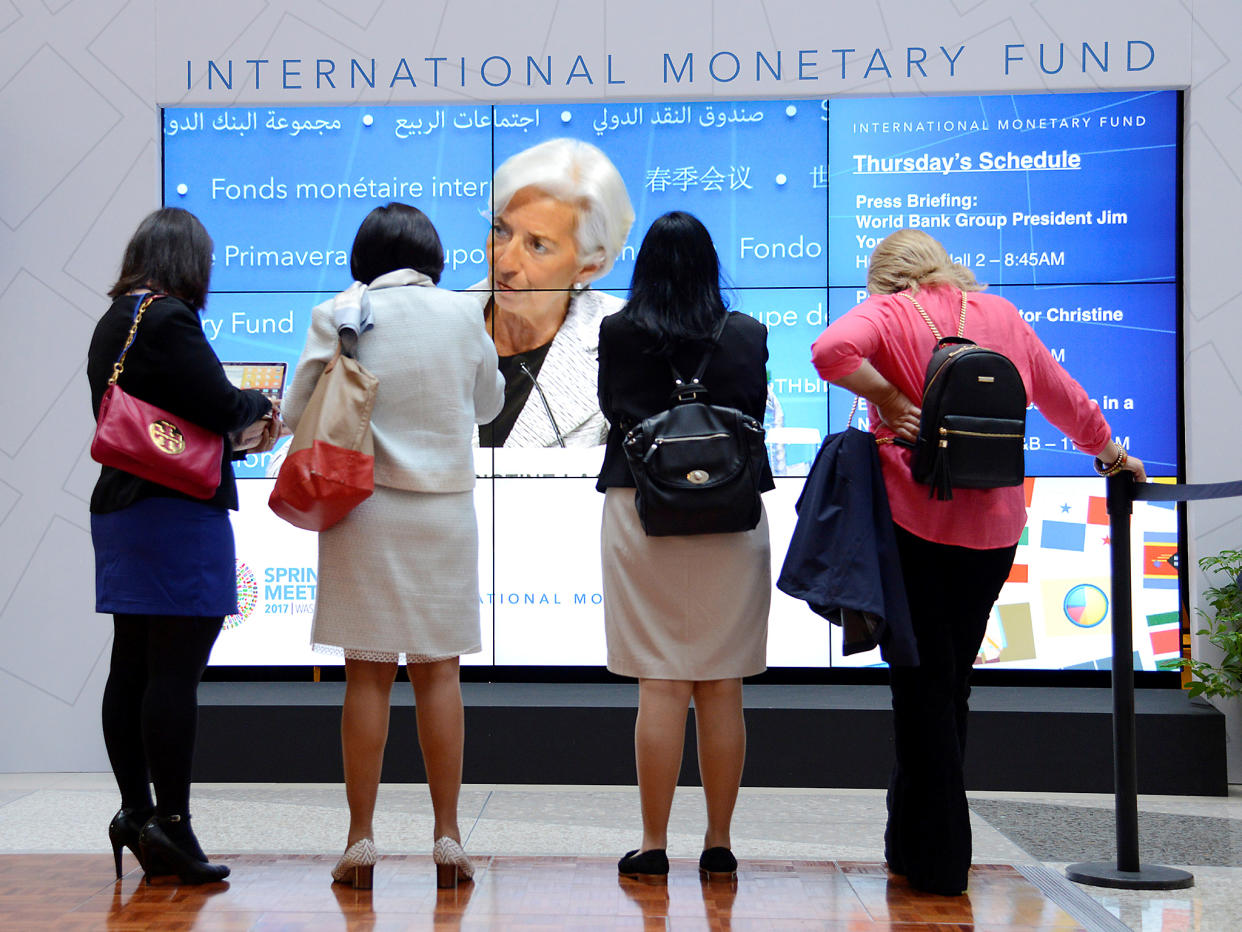Five things to look out for when the IMF and the World Bank meetings happen in Washington this week

It is good to stand back sometimes, and this week more than ever. Politics have been so noisy in Britain, the US and Europe that the message that the world economy is doing rather well tends to be drowned out.
On Thursday, the G20 finance ministers and central bank governors meet in Washington ahead of the annual conference of the IMF and World Bank. Together they represent some 80 per cent of global output, for the G20 embraces the large emerging nations as well as the established developed ones. This annual get-together is not as important in good times as it is in bad; it is when things are in a mess that countries look to the international organisations to pull things together.
The IMF’s reputation has been further damaged by the shenanigans of its former managing director, Dominique Strauss-Kahn, and its part in the botched “rescue” of Greece. Its reputation also suffered because of the dreadful judgement on the British economy, when it chief economist wrote that the coalition was “playing with fire” with its economic policies, when actually the UK has had, along with the US, the fastest growth following the 2008 crash of any major economy.
Still, the commentary by the present managing director, Christine Lagarde, at the meeting deserves attention because she will focus on the coordinated recovery that is now taking place in just about all the G20 countries.
We are at a sweet spot. Growth is picking up but there are few signs of strain; strain that usually shows through in inflation. We will not remain at that sweet spot forever, and the likely path towards higher interest rates will be a second thing to note. What hints will the world’s central bankers give us? What hints will there be about the identity of the next chair of the US Federal Reserve?
A third thing to think about will be a warning she will give about inequality. Actually, on the official figures income inequality has been falling in most developed countries over the past decade but inequality of wealth has greatly increased. That in part must be down to the ultra-easy money policies of the central banks.
Push up asset prices and those who already have the assets do the best. Has the IMF been complicit in these policies? To some extent, yes. So what are they saying now?
Back here in Europe, there are two focal points: one will be the Eurozone finance ministers’ meeting on Monday. Catalonia is not on the agenda but financial stability in the Eurozone is, and separatism undermines stability. Don’t expect other EU countries to take sides but look for any comment on Europe’s progress, or not, towards a more disciplined and unified Eurozone.
Finally, the next round of Brexit negotiations starts this week. Expect little or no progress, and that will be the headlines of the news stories. British politics will continue to be discordant.
Much more interesting, though, will be indications as to what sort of relationship Europe wants with the UK post-Brexit. Does it want a close one, or would it prefer to have a more distant one? Paradoxically, the more money it demands now, the more antagonistic, and hence distant, the relationship will be in the future. Tactically, it makes sense for Europe to push for a huge Brexit bill. Strategically, it is hardly in Europe’s interests to have another angry and disruptive neighbour. It already has one in Russia.

 Yahoo News
Yahoo News 
